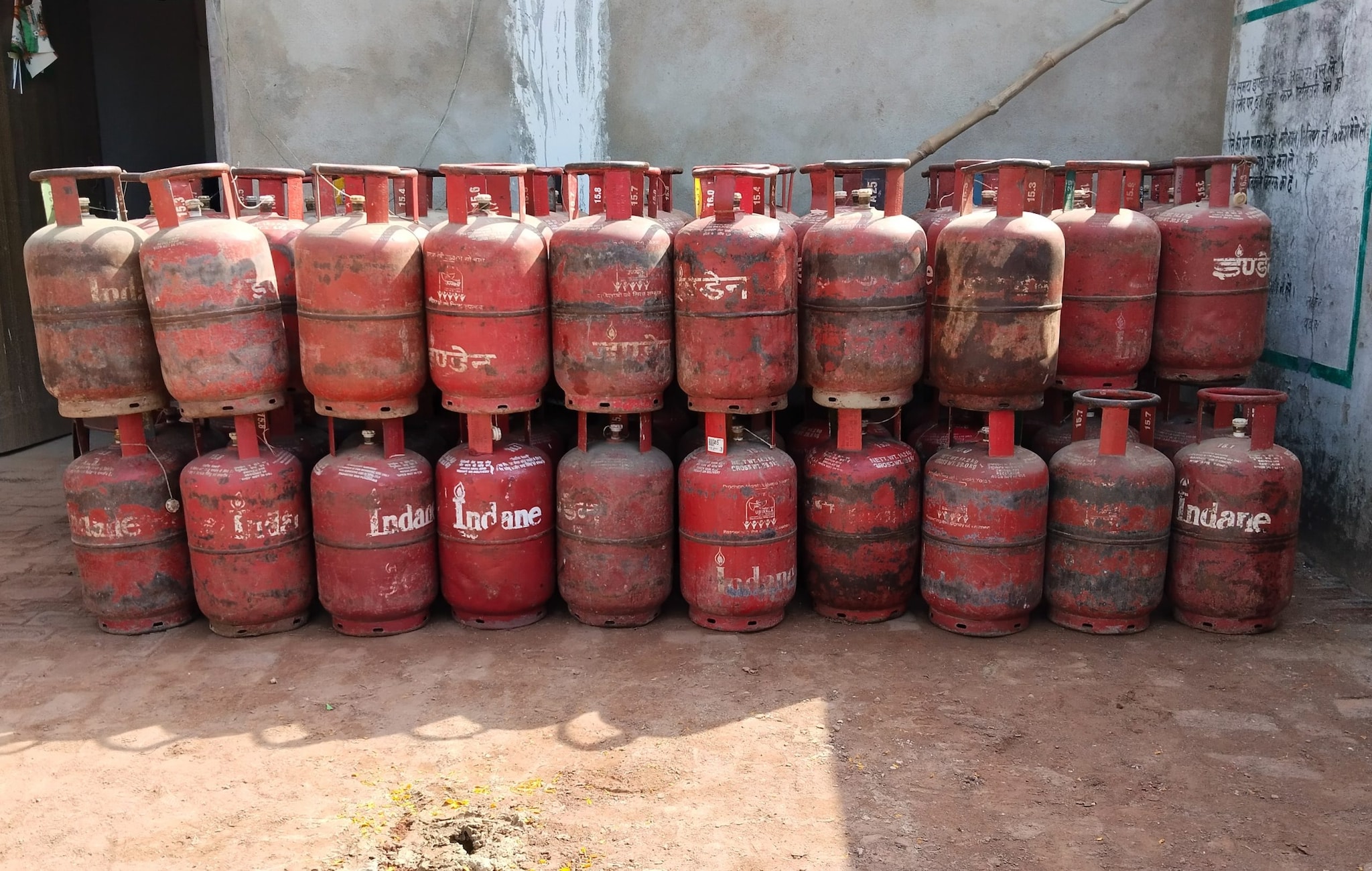Workers assemble a vehicle as Honda announces plans to build electric vehicles and its parts in Ontario, with financial support from the Canadian and provincial governments, at its automotive assembly plant in Alliston, Ont., on April 25, 2024. Carlos Osorio/Reuters AtkinsRéalis Group Inc.
, one of the largest employers in Canada’s nuclear industry, is seeking to recruit auto workers whose jobs are at risk amid the Canada-U.S. trade war.

Joe St. Julian, president of the company’s nuclear division, said auto-sector engineers – electrical, mechanical, structural and civil – could join the nuclear industry with minimal retraining. Assembly-line workers would fit well with companies that manufacture nuclear components, he added, and many tradespeople could work on nuclear construction projects in Canada.
“Although what’s going on with the trade wars and the automotive industry is unfortunate, in a very selfish way it could be fortunate for us, as this ready-made skilled work force could come in and help us,” he said. U.S.
President Donald Trump imposed 25-per-cent tariffs on Canadian automobiles and light trucks last week, leaving this country’s auto sector vulnerable to potential layoffs and production cuts. Canada launched retaliatory auto tariffs against the U.S.
on Wednesday and Mr. Trump has vowed another 25-per-cent levy on some Canadian auto parts starting May 3. According to estimates from Statistics Canada, about 125,000 people are directly employed in manufacturing vehicles and parts.
Mr. St. Julian said his industry could absorb that many skilled workers “and then some.
” The Canadian Nuclear Association estimates its sector currently employs 89,000. AtkinsRéalis is looking to recruit for its own ranks and also on behalf of the roughly 250 companies that supply components for its Candu reactors. That supply chain is already “maxed” with current contracts, Mr.
St. Julian said, which mostly involve refurbishing existing reactors in Canada and abroad. But AtkinsRéalis also hopes to win orders to build new Candus, which Mr.
St. Julian said would prompt massive hiring. If Canada can’t supply that manpower, the work would go offshore.
Bruce Power is planning four new reactors with up to 4,800 megawatts of new generation capacity at its large nuclear power plant on Lake Huron’s eastern shore. (The project is known as Bruce C.) Ontario Power Generation recently announced plans for up to 10,000 megawatts at its Wesleyville site in Port Hope.
If approved, these would be some of the world’s largest nuclear projects. The case for new reactors in Ontario rests primarily on anticipated surges in electricity demand. In October, the Independent Electricity System Operator forecasted demand will increase by 75 per cent by 2050, driven in part by electric-vehicle production facilities.
Yet some anticipated EV and battery plants stalled even before the auto tariffs were imposed. A prolonged trade war or recession could significantly reduce future power demand, particularly if manufacturing and industrial activity falters. Large new reactors are difficult purchases even in the best of times.
They can cost well over $10-billion and years-long delays and cancellations are common. In a recent report, BloombergNEF, a research and analysis outfit focused on low-carbon emission technologies, found the global nuclear industry is currently “running in place,” with reactor closings roughly equalling the number of new ones starting up. “Nuclear construction in the West has barely budged.
While enthusiasm exists, costs, local resistance and political indecision will constrain ambitions,” wrote Chris Gadomski, head of nuclear research. AtkinsRéalis’s effort to recruit auto workers is in its earliest stages, and the company says it recently began conversations with the Ontario government and union officials. But Grace Lee, director of media relations for the Premier’s office, said her office hadn’t been briefed on the proposal and declined an interview request.
AtkinsRéalis also identified Unifor (a large private-sector union that represents many auto workers) as a crucial stakeholder. But Kathleen O’Keefe, the union’s director of communications, said Unifor wasn’t aware of the plan and therefore declined to comment on it. The trade war’s consequences for Canada’s auto sector remains unclear.
Mr. St. Julian acknowledged matching potential layoffs in the automotive industry to the timing of future nuclear projects could be challenging.
“Anything nuclear takes a lot more time,” he said. Bob Walker, national director of the Canadian Nuclear Workers’ Council, an umbrella organization of unions within the industry, agreed. “They’re not going to start building something in Port Hope tomorrow or next year or the year after that.
It’s going to be years down the road. And Bruce C, it’s the same thing,” he said. However, Mr.
Walker also concurred that a wide array of auto-sector workers could join the nuclear sector with minimal retraining. He added that the industry recruited large numbers of auto workers in decades past, albeit not at the scale AtkinsRéalis is contemplating now. “It’s been done before,” he said.
“OPG hired a number of people from General Motors in Oshawa, because the auto industry had been up and down for a long time. “A boilermaker is still a boilermaker. A millwright is still a millwright.
An electrician is still an electrician.”.
Business

AtkinsRéalis looks to recruit autoworkers as trade war intensifies
President of company’s nuclear division says autoworkers could join the nuclear industry with minimal retraining














